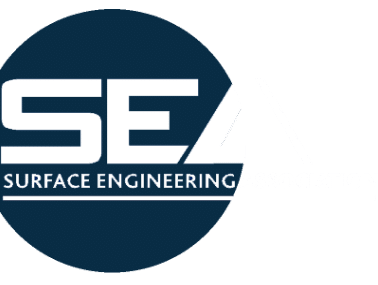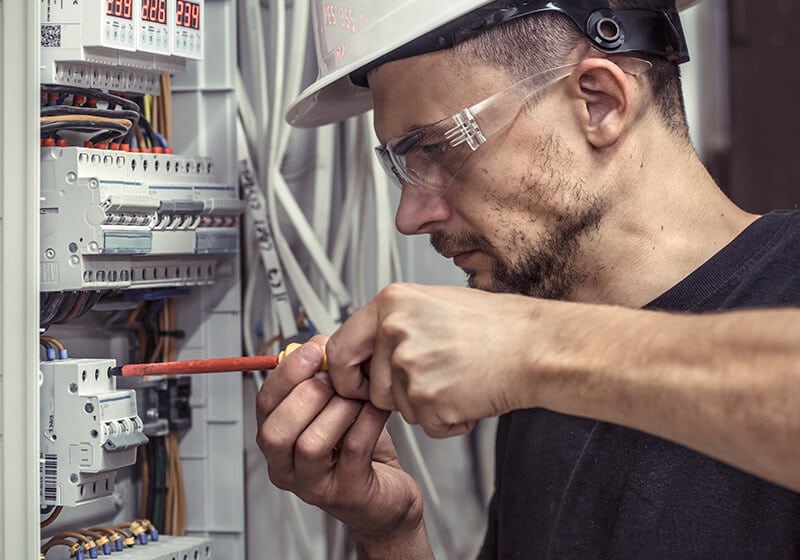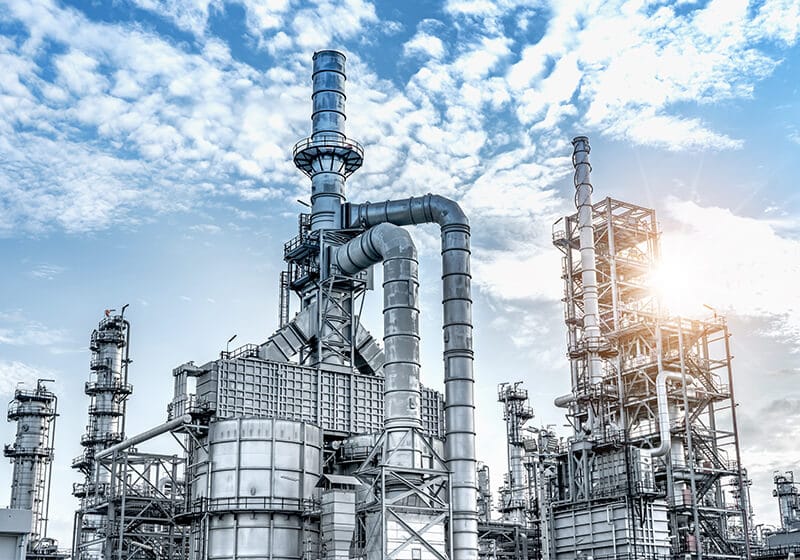
The UK automotive industry has an annual turnover of more than £82 billion. It produces over 1.5 million passenger vehicles a year and more than 85,000 commercial vehicles. Electroplating and other forms of metal finishing are crucial to the automotive sector’s manufacturing process. It is used for everything from the largest bodywork panels to the smallest electronic components.
Electroplating in the automotive sector

Metal plating has its uses at every stage of the vehicle manufacturing process. Here at Karas Plating, we employ a range of plating techniques that ensure the continuity of production that is so essential to running an effective car assembly line.
Why is electroplating so essential to the automotive industry? Here are some of the key reasons:
![]()
Corrosion resistance

Nickel plated components to resist against corrosion have been a major part of the automotive industry since the 1970s. Prior to that, rust primarily affected vehicles in coastal areas, where they were regularly subjected to sea salt in the air. Changes to road-surfacing techniques (particularly de-icing compounds) resulted in corrosion being more commonplace further inland. The solution was to coat essential components with an alloy of nickel and zinc. In salt-spray tests, this plating method has been shown to resist corrosion for up to 1000 hours under direct assault.
Wear resistance

Any vehicle is made up of hundreds of moving parts, rubbing against each other constantly during operation. Making these components more wear resistant means that the vehicle in question will run for longer, resulting in reduced maintenance costs for the owner. Nickel-plating can make these parts far more durable and resistant to abrasion. Another technique we employ is phosphating. This process improves the lubricity of moving parts, cutting down on friction, and subsequent wear.
Conductivity

While we might think of car components in purely mechanical terms, much of what goes on under the hood is electronic in nature. The Engine Control Unit (or CPU) of a vehicle is central to its performance. It monitors and manages every aspect of your car’s performance from fuel injection to anti-theft devices. Its circuitry not only needs to be incredibly thin to be accommodated in the body of the vehicle, but also highly accurate to prevent poor performance and possible accidents on the road. Several metals can be used for improved conductivity, of which the most common are gold and silver. Here at Karas Plating, we are renowned for the precision with which we can apply either of them.
Electric cars

At Karas Plating, we always keep one eye on the future. With the production of electric cars becoming an ever larger part of the automotive industry, our plating techniques are as important as ever. Specifically, we provide nickel-plated busbars that act as the connector between the car and its battery. These copper or aluminium connectors require that additional strength and corrosion-resistance that nickel delivers so well.
Automotive Plating Processes

We provide an extensive range of automotive plating processes, each one performed by our fully-accredited and highly-trained staff. Here are some of our most popular processes for the sector
- Silver plating
- Gold plating
- Electroless nickel plating
- Tin plating
- Bright Tin Plating
- Dull tin plating
- Busbar plating
- Copper plating
- Manganese phosphate coating
- Zinc nickel plating
- Zinc phosphating
- As well as our various finishes and platings, we also offer a range of blasting and cleaning processes to our clients around the UK and Europe. These include shot blasting, tumble blasting, hand blasting, ultrasonic cleaning, and de-greasing. Contact us today for a custom solution for your desired application
Our Accreditations

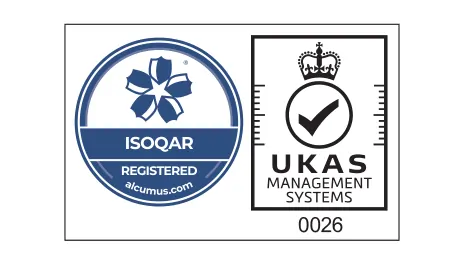
ISO 45001:2018 – Health & Safety
ISO 45001:2018 is the international standard for Occupational Health and Safety Management Systems (OHSMS), replacing OHSAS 18001. By working to this standard, we protect the health, safety, and wellbeing of our employees, visitors, and anyone affected by our operations
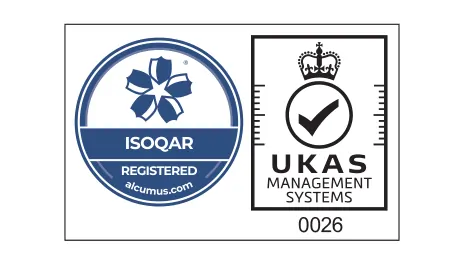
ISO 14001:2015 – Environment
ISO 14001 is an internationally recognised standard that sets the requirements for an environmental management system (EMS). By working to the ISO 14001:2015 standard, we improve our environmental performance through the efficient use of resources and waste reduction, while strengthening our position and building trust with our stakeholders.
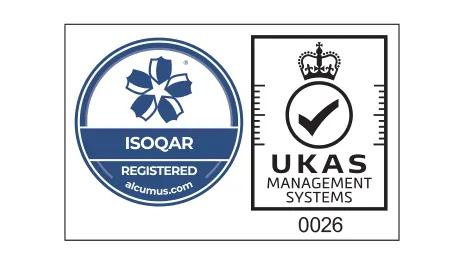
ISO 9001:2015 – Quality
ISO 9001 is the international standard for Quality Management Systems (QMS). By working to this standard, we strengthen our practices to meet the needs of our customers and stakeholders, using a framework that drives continuous improvement. It ensures we deliver consistent quality in our electroplating services through the correct application of a QMS.
Other sectors we cover


When using metal plating techniques in the electrical and electronic sectors, the two key concerns are precision and conductivity. Often you have to risk one in order to benefit from the other. This is where our expertise comes in, balancing the pros and cons of each metal, in order to deliver electronic components that work the way you need them to.

Whether we’re talking about the National Grid, criss-crossing the country providing the nation with its electricity, or more renewable sources of power generation like wind turbines and solar panels, electroplating is essential to the power industry. Components undergo great pressure on a day-to-day basis and must be robust enough to withstand the strain.

The petrochemical industry produces essential items that we use everyday, from plastics, petroleum, and detergents to lubricants, asphalt, propane, and more. Raw materials are subjected to extreme heat and pressure throughout the refining process, so the machinery used to do so requires durable and reliable plating to get the job done.





